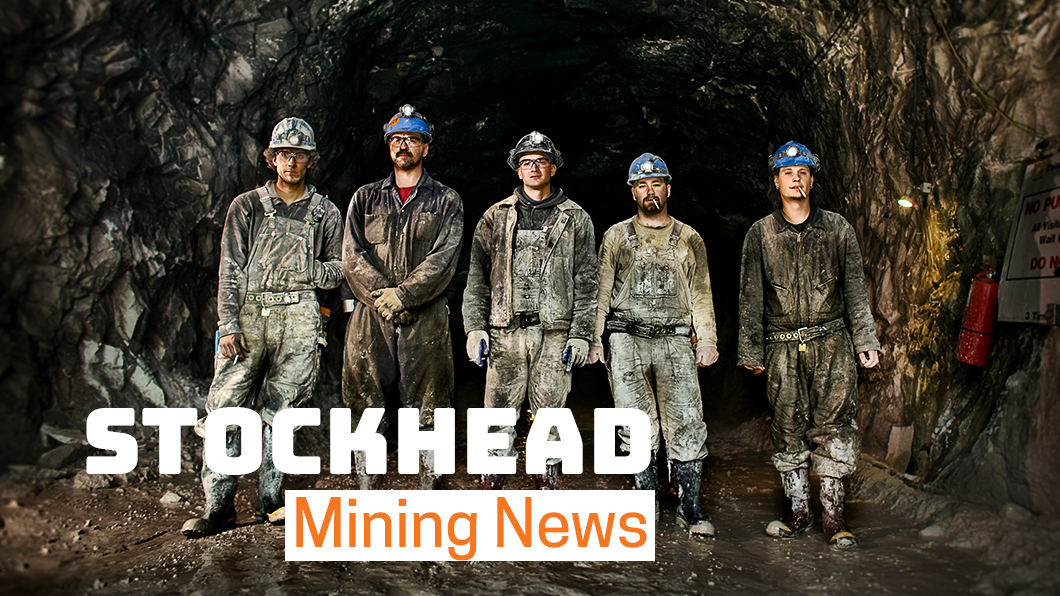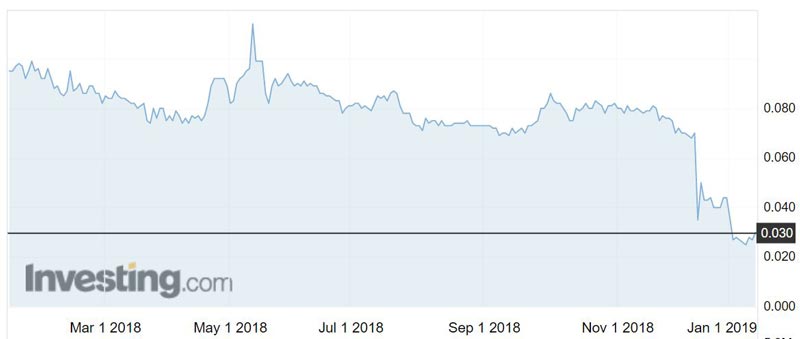Shareholder backlash over Flinders Mines’ delisting ramps up

Pic: Tyler Stableford / Stone via Getty Images
The Takeovers Panel has received another application from a shareholder raising concerns over Flinders Mines’ planned delisting and share buyback.
OCJ Investment is the second shareholder to turn to the regulator in as many days, with the regulator receiving the application late Friday.
In mid-December Flinders (ASX:FMS) revealed that it wanted to delist, and in preparation for that would buy shares back using a loan from its biggest shareholder, TIO (NZ) Ltd, which owns 55.6 per cent.
The loan would be repaid by way of a non-renounceable pro-rata rights issue that would be done following the buy-back.
News of the delisting and buy-back resulted in an immediate halving of the iron ore miner’s share price to 3.5c.
TIO NZ’s parent company managed to amass a controlling stake in Flinders following two unsuccessful takeover attempts in 2015 and 2016.
Shares rallied nearly 15 per cent this morning to an intra-day high of 3.1c on the news shareholders were ramping up the fight to stop the delisting from going ahead.

The Takeovers Panel began looking into the matter last Thursday after Brendon Dunstan, who is acting with or on behalf of a number of shareholders, raised concerns that the proposed deal would allow TIO NZ to gain further control of Flinders and would be a breach of the Corporations Act.
OCJ, which is Flinders’ second largest shareholder, argues that “unacceptable circumstances exist” because TIO NZ is currently allowed to vote to approve the delisting and Flinders has not provided shareholders with enough information, including an independent expert’s report.
The shareholder wants TIO NZ to be excluded from voting on the delisting or that Flinders be banned from going ahead with the transactions altogether.
- Subscribe to our daily newsletter
- Bookmark this link for small cap news
- Join our small cap Facebook group
- Follow us on Facebook or Twitter
The company had been facing challenges in bringing its Pilbara Iron Ore Project (PIOP) in Western Australia into production.
Steep discounts for lower grade iron ore had forced it to look for ways to upgrade the product it would eventually sell.
But that was going to incur significant costs, and Flinders’ progress in 2019 would be subject to the availability of funding, the company said.
Flinders decided delisting was the best way forward due to the “lack of capital support from public markets and low levels of trading liquidity”.
UNLOCK INSIGHTS
Discover the untold stories of emerging ASX stocks.
Daily news and expert analysis, it's free to subscribe.
By proceeding, you confirm you understand that we handle personal information in accordance with our Privacy Policy.








